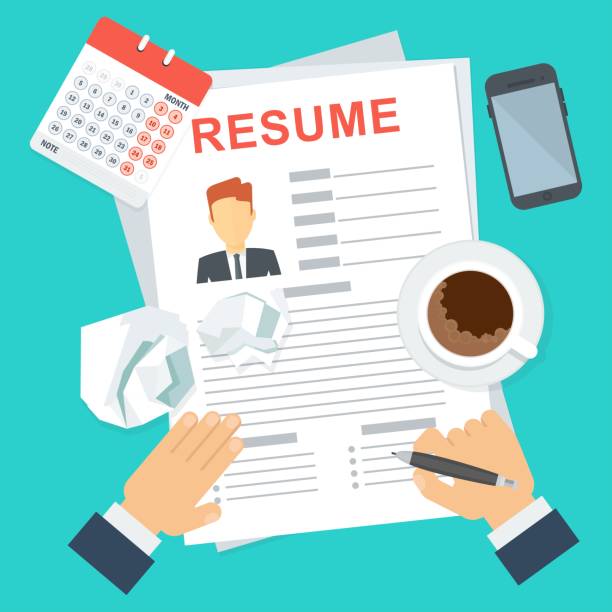
7 Things “NOT” to have on your otherwise Perfect Resume
The resume is a faithful journal of your career trajectory – a record of all your successes and learnings at every stage of your working journey. A reminder of where you started, how far you have come and where you still need to go. So whether you need to apply for a job right now or not, it is always a good time to perfect your resume.
While we’ve written extensively on how to craft the perfect resume, we wanted to emphasize through this post on what to leave out of a resume to make it truly perfect. Here are seven things to leave out from your resume:
1. An unprofessional Email Address
If your email ID is still the one you had in high school, i.e., hellboy_irock@ya***.com, it is time to get another one. Make sure the email ID you share on your resume is a professional one. What is meant by a professional email ID? One that ideally has only your name and your last name in it, and in case that’s taken, a simple combination of your name and maybe a number, or special character or two.
2. Your Achievements in High School
Won third prize in an elocution competition? Aced spelling bee? Well, let’s put those achievements behind us and make space for newer achievements to show the world. Unless it is something of great significance and necessary, refrain from having your high school achievements on your resume.
3. Fancy fonts and colors, or anything fancy –
are an absolute “no”. Use a simple font, uniform font sizes and keep it unicolor. Unless you belong to an artsy profession and how you design your resume matters, keep your resume as simple and legible as possible. Even if you are a graphic designer, or a fashion designer, we’d say share links of your work on your resume, but maybe refrain from making your perfect resume a work of art itself.
4. Skills you are expected to have
Don’t add skills just for the sake of adding them and fluffing up your resume. Remember, at times, less is more.
5. Postal Address
Having your postal address on your resume is an unnecessary use of space. We have seen resumes which list their permanent address and current address as well. Your contact information should ideally just include your phone number and your professional email ID.
6. Hobbies
“My hobbies are cooking, reading and gardening” – this is something your resume would probably look better without. We’ve traditionally been taught to include it in our resumes, but there is actually no need for it. Your interview is when you get to speak about yourself and weave all this in. Unless there is something really specific about yourself which is also relevant to the job, refrain from having this section. Even if you do end up sharing what is akin to hobbies, put it under a section called “other Interests” or something of the like and not “Hobbies”.
7. Incorrect or false information
The first and foremost prerogative of writing a resume is ensuring the information you provide about yourself isn’t false or misleading. Regardless of whether or not a background check will be done, in the interest of professional integrity be completely honest in the information you furnish through your resume.
At OBOlinx, we believe that a great resume is one which is always a work in progress. There is always something you can do to make it better, regardless of whether you are writing one for the first time or if you have been a professional for years now. Here is an omnibus we have put together to help guide you to craft the perfect resume. But don’t forget the things you should “not” have on your resume!




